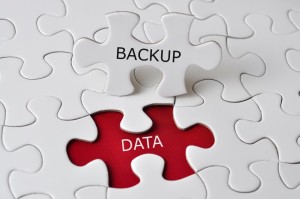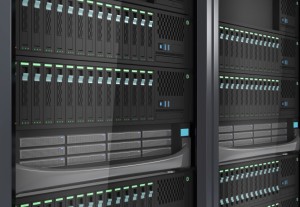Everyone knows that backing up a company’s network is a requirement for any business. It’s not even an option anymore. If anything happens, and it will eventually, losing files can ruin an entire company, whether everything is lost, or only a few important files. But now that everyone keeps backups, a major problem or disaster only means a few days of frustration and annoyance before everything gets back on track. The main problem now is that backing up files seems to be more and more of a hassle. Sometimes it doesn’t even get done, simply because it’s too much work. With all of the technology we have now, this shouldn’t ever be a problem. Here are a few tips to help you backup your system more quickly and easily.
Stick with one system
Many people make the mistake of switching to a new backup system every time one comes out, or even whenever they decide that there’s a better way to do it. This month they store everything on the cloud, next month they try to back up files on other offices’ servers. Not only is this confusing for everyone, it wastes a lot of time. Someone has to create the new system, first of all, and then check it over to make sure it is safe. Then, the entire staff has to be trained on the system, or at least informed of the change. After that, all of the old backups have to be moved to the new system. Instead of going through all of this, spend a little extra time working out the best system for you and your company, and make sure it is implemented flawlessly. Then, maintain the system until it is truly outdated. Every 10 years or so, everything will change and you’ll need to perform major updates, but until then, just stick with what you have.
No removable media
For a while, the most common way to back up files was to store them on flash drives, or piles of CDs or DVDs. That time is long gone. For one thing, removable media is not a safe way to back up data, unless you move it offsite every time. In addition, storing files this way is a huge hassle. Disks take a particularly long time to burn, and get expensive pretty quickly. Really, most people don’t consider CDs or DVDs a viable form of data storage anymore anyway. Flash drives are great for easily transferring files, but should never be used as a backup medium, except as an absolute final option.
Backup software
Now let’s talk about what does work. If you haven’t already, consider finding software that will help you backup your data. Good software can make the process easier and faster, but it also makes your backups safer. The software is carefully designed to eliminate every risk of losing data, but if you try to do it without software, a few bad keystrokes made by an employee at the end of a long day can wipe out everything.
Automatic backups
If software still doesn’t make the process easy enough, consider setting up automatic backups. With this type of system, either software or a company will backup your entire system for you, whenever you want, and as often as you want. Many businesses have their backups done overnight, while the network isn’t being used. This option may be a little more expensive, but it’s worth it if you can afford it. The best part is that the company you choose to work with will usually be accountable if anything were to ever go wrong.
Looking for more information about data backup systems? Contact us! We’re here to answer all of your questions.



